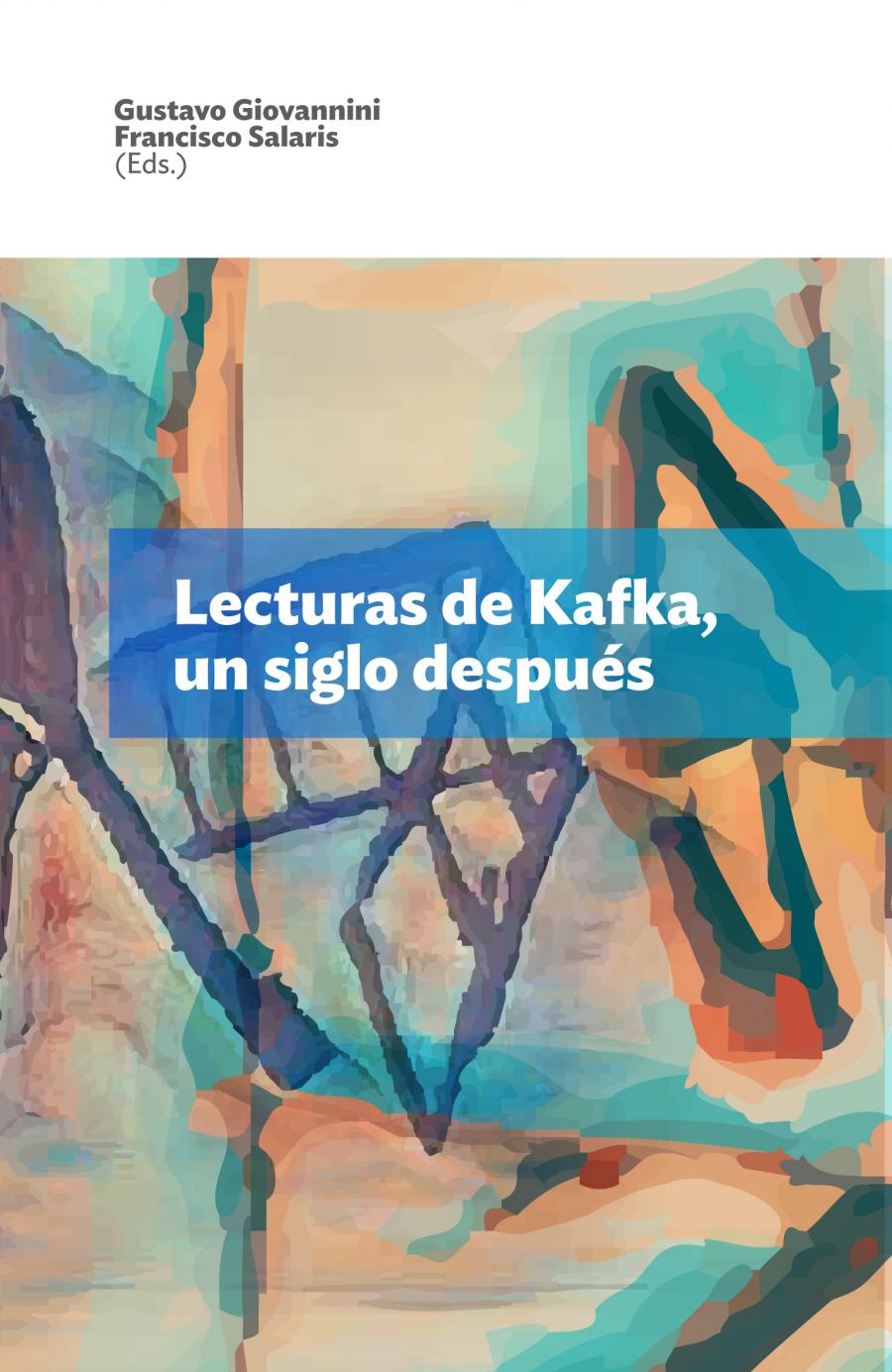Readings of Kafka, a century later
Keywords:
literary criticism, KafkaSynopsis
In his Diaries, Kafka refers to the “impossible abundance” of his own work as a way of pointing out the infinite bifurcations it offers. Chaotic and fleeting lines intertwine in the map of an unclassifiable author who today reaffirms his significance more than ever. Whether from Canetti's experiential approach, through the contributions of Hannah Arendt—who, through a “Kafkaesque poetic reason,” finds the hint of creative spontaneity at its highest expression—to the Deleuzian reading where literature becomes a power conceived in its own language to make it implode, Kafka's texts elude the interpretive power of the moment and move toward a realm free of intentions.
Chapters
-
Foreword
-
Section I: Formal and thematic aspects of Kafka's work Kafka
-
“What we call the path is hesitation.” On the notion of the path in Kafka's “aphorisms”
-
The artist and his art in the literary world of Franz Kafka
-
Art expelled from paradise. [Notes on Franz Kafka: disturbing transformations and family correspondence]
-
Kafka, literature as Kabbalah
-
Section II: Kafka and other authors. Comparative studies
-
Historical absurdity and language games in the face of the sinister. Kafka in Argentine writings
-
Kafka, Melville, and Uninhabiting
-
The awareness of absurdity and the rupture of time as symptoms of existential failure in the works of Kafka and Buzzati
-
The enigmas of art: crime, guilt, justice, and artistic objectification of condemnation in Franz Kafka and Leo Perutz
-
Killing writing: the scruple of perfection in Kafka in light of Bernardo Soares' reflections
-
Tragicomedy of profound helplessness: a comparative reading of El fondo del vaso (The Bottom of the Glass) by Francisco Ayala and The Trial by Franz Kafka
-
Kafka and Dickens. Some Notes
-
Report on Educated Apes. E.T.A. Hoffmann and Franz Kafka
-
Digging an escape route from the modern world. Animality and foreignness in Franz Kafka and Nacha Vollenweider
-
From Job to Kafka. A comparison between eras
-
Preciado-Kafka: from “Report to an Academy” to I Am the Monster Who Speaks to You

Downloads
Published
Series
Categories
License

This work is licensed under a Creative Commons Attribution-NonCommercial-ShareAlike 4.0 International License.


